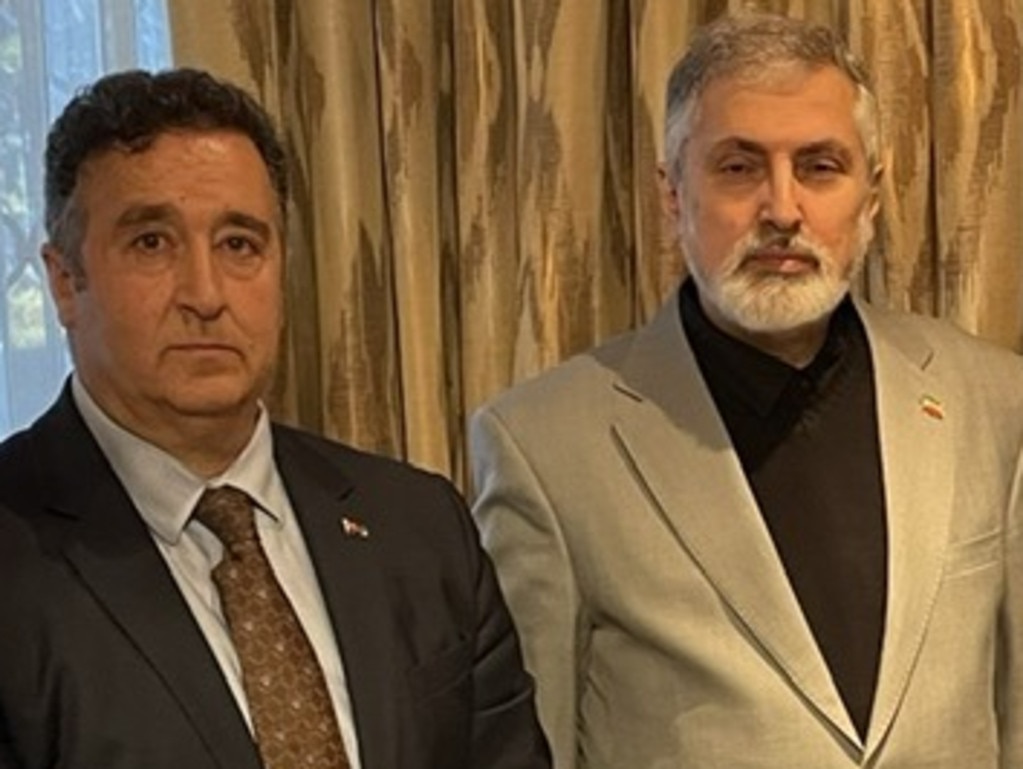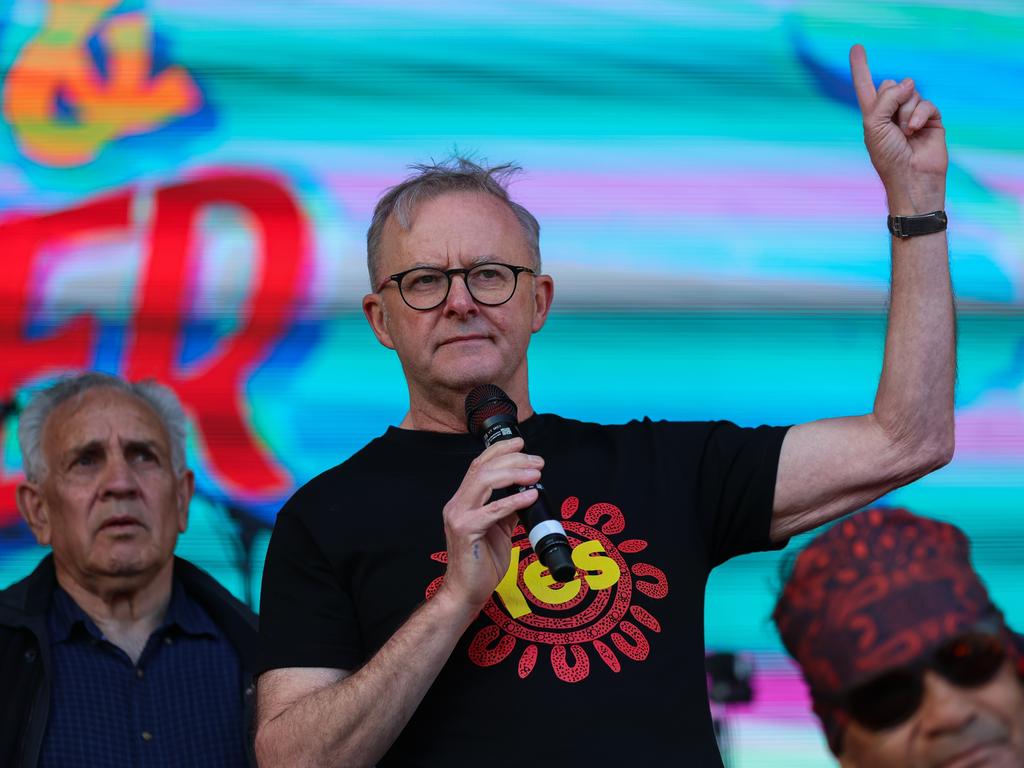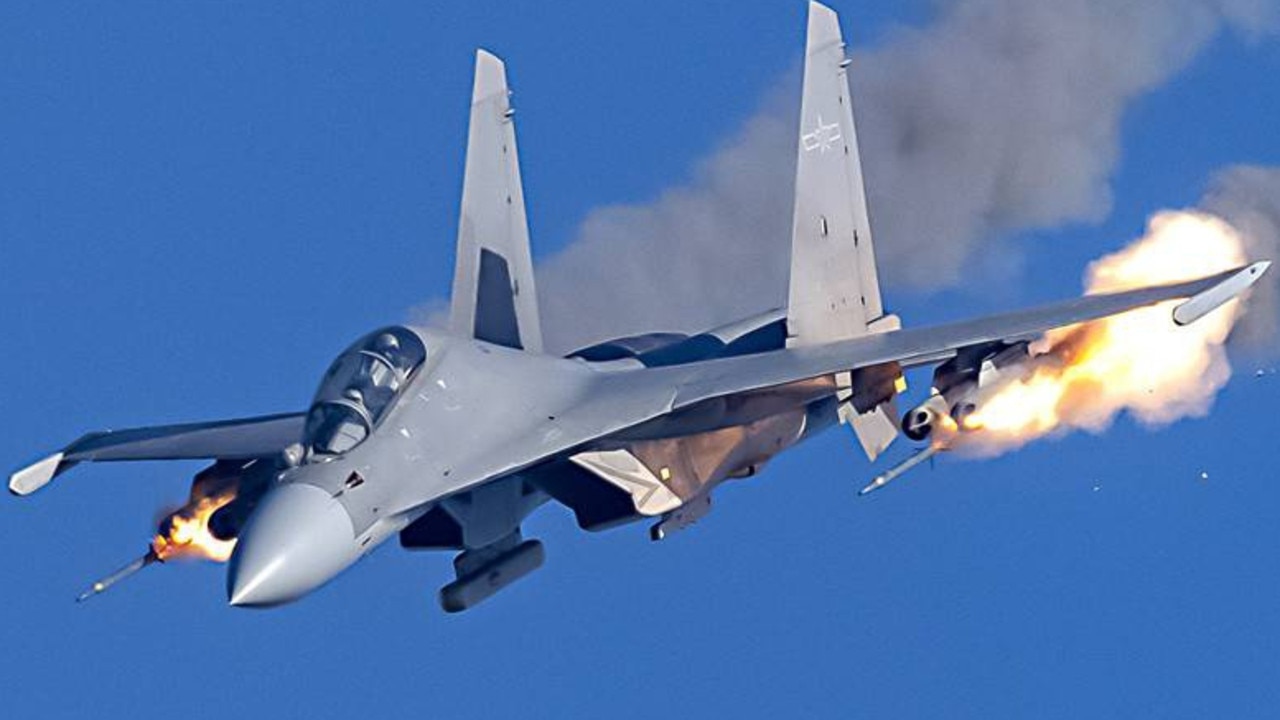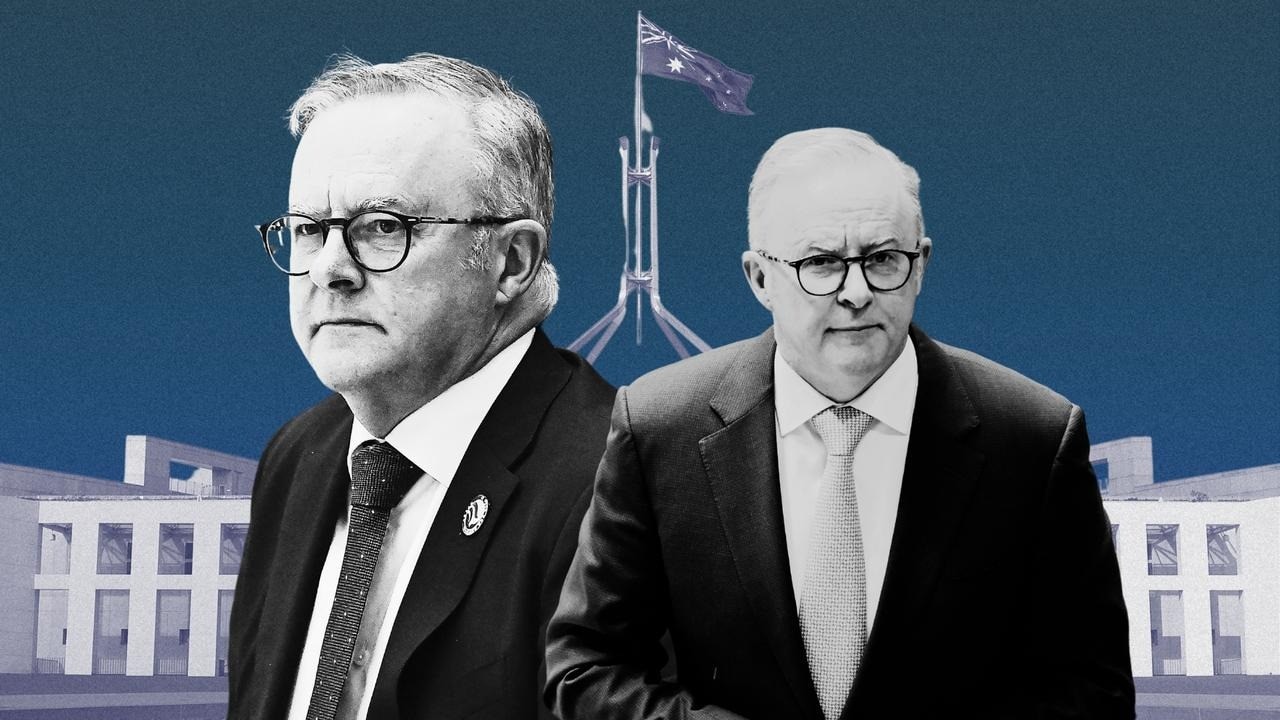Opera House forum’s secret links to Beijing
The organisers of a seemingly innocuous Sydney Buddhism conference that courted Labor MPs have longstanding links to the Chinese Community Party’s United Front Work Department.
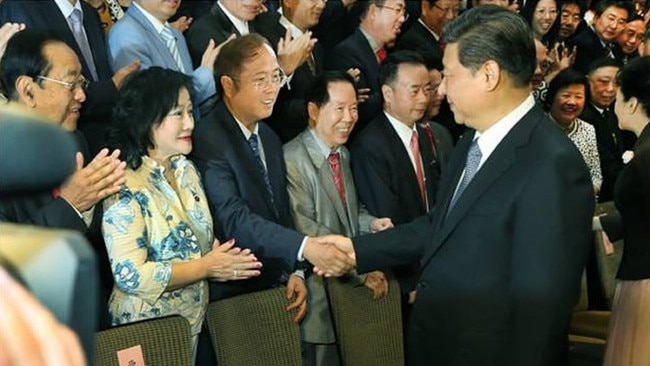
The organisers of a seemingly innocuous Buddhism conference at the Sydney Opera House that courted Labor MPs have longstanding links to the Chinese Community Party’s United Front Work Department, with experts urging renewed vigilance about Beijing’s soft-power tactics.
One of the organising group’s founders was Chinese billionaire Huang Xiangmo, essentially barred from Australia in 2019 by the government for his links to the United Front and who embroiled NSW Labor in a corruption inquiry that same year.
Last weekend’s Australia China New Zealand Buddhist Forum had listed NSW Premier Chris Minns as giving a videoed welcome speech, although a government spokeswoman said that neither he nor his office ever accepted any invitation.
It also included addresses from other state Labor MPs, although some did not attend after receiving advice, while others did but without knowing that the organisation, the Australian Chinese Buddhist Council, has obscured but longstanding formal links with the United Front.
The inaugural five-day event, held at the Opera House and the University of Sydney, sought to promote “compassionate harmony and multicultural coexistence”. It was attended by Australian and overseas Buddhism groups.
Concerns had also been raised by the Australia Tibet Council with the state government about the event’s ties to the CCP. The council was concerned about the CCP links and the conference’s promotion of Tibetan Buddhism, which they called “forced Sinicisation”.
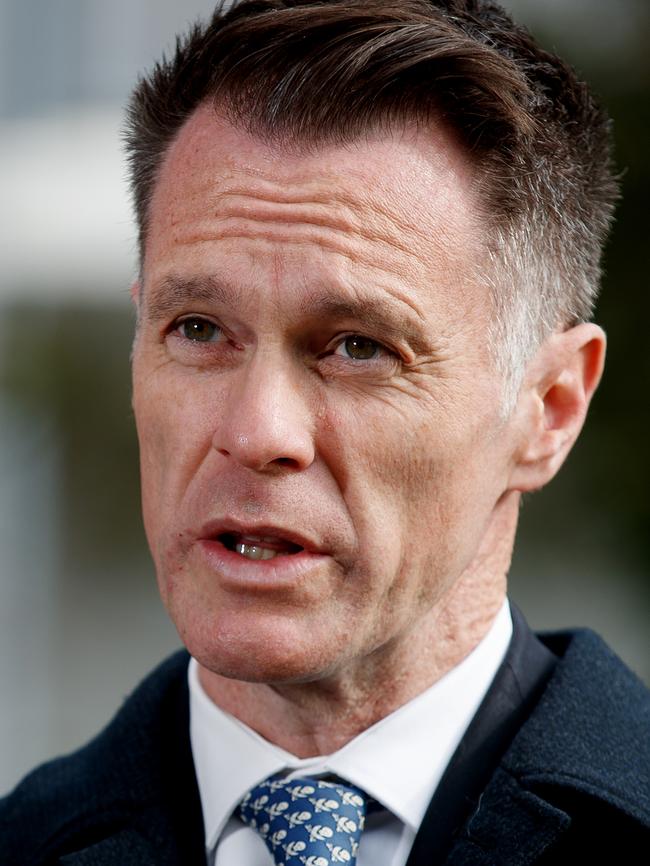
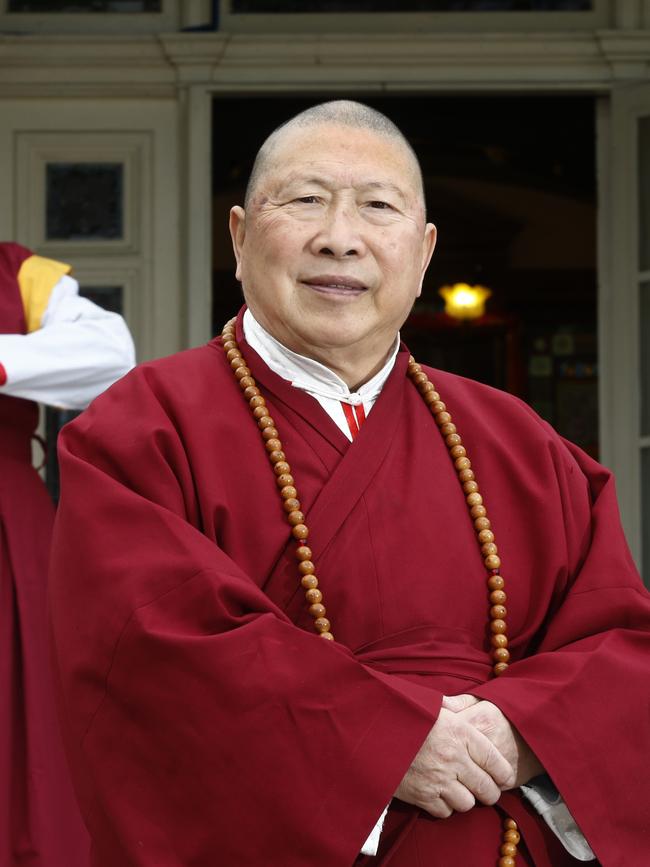
The Australian Chinese Buddhist Council is a partner of the Buddhist Association of China – a co-organiser of the event – whose leaders addressed the forum. The Buddhist Association of China is overseen by the United Front.
One of the Australian Chinese Buddhist Council directors and a former vice-president is Xin De Wang. Mr Wang, who lives in Hobart, was the president of the Tasmanian branch of the Australian Council for the Promotion of Peaceful Reunification of China, a group China experts have said is “the most blatant CCP front group” in Australia.
Mr Wang has always denied that he or his organisations are linked to the CCP.
The federal government in 2023 issued a transparency notice on the Australian Council for the Promotion of Peaceful Reunification of China, previously led by Mr Huang, saying it was a foreign-government entity under the influence transparency act.
Mr Huang had his permanent residency cancelled in 2019 by the Morrison government and was implicated in a NSW corruption watchdog inquiry that determined that he had donated $100,000 to state Labor.
The billionaire property developer’s links to Sam Dastyari led to the former ALP senator’s resignation and ICAC finding former state Labor MP Ernest Wong corrupt for concealing the cash donation from the developer.
ASIO alleged then that he was “amenable to conducting acts of foreign interference” as he attempted to build close relationships with politicians, something Mr Huang has always denied.
Speaking in 2018 at the council’s establishment, Mr Huang said he would “do my best work” as honorary president to work with political leaders to “promote multiculturalism and harmony”.
Two other Australian Chinese Buddhist Council directors held senior positions with the reunification council and received separate United Front appointments in China, including roles in diaspora-focused agencies and its peak body.
China experts said the continued activity of groups linked to Mr Huang and the United Front was concerning, and that the CPP had a “track record of using Buddhism”.
“By offering politicians an easy shortcut to an image of minority engagement, such CCP-linked Buddhist entities allow the party to effortlessly associate politicians in democratic countries with figures whose public views they would normally find politically toxic,” said James Leibold of La Trobe University.
Professor Leibold said that while politicians had a better understanding of China’s soft-power strategies it was important to “not let your guard down”.
“It (these types of events) may look innocuous but it becomes a seal of approval for the organisations it (the CPP) seeks to advance,” he said, adding that it remained a “bad look” for politicians to attend and give approval to United Front groups.
“(These groups) are becoming far more active, the environment is conducive again,” he said.
“These are nefarious operators … We need to be careful of the agenda they push and not allow the federal government’s efforts to reboot its relationship with China to allow old problems to creep back.”
Concerns were also raised with the government last week by the Australia Tibet Council, whose executive officer, Zoe Bedford, criticised the forum’s usage of Tibetan Buddhism and the attendance of Ven Lama Hu Xuefeng, who she said had been selected by the Chinese government to oversee the next selection of the dalai lama.
“(We) caution (against) allowing national icons like the Opera House to be used for events that promote the Chinese government’s agenda and ask politicians to be mindful and question these events’ usage for China’s soft-power diplomacy,” Dr Bedford said.
She added that the council had serious reservations with the forum’s Opera House concert promoting and including Tibetan Buddhism, and the inclusion of Ven Xuefeng at the event, saying it had written to the Opera House and Arts Minister John Graham expressing as such.
The Foreign Affairs Department regularly liaises with state and territory governments on international relations, itself consulted by security agencies about events and activities related to China or CCP-linked entities.
The ACBC was contacted but didn’t respond to questions.


